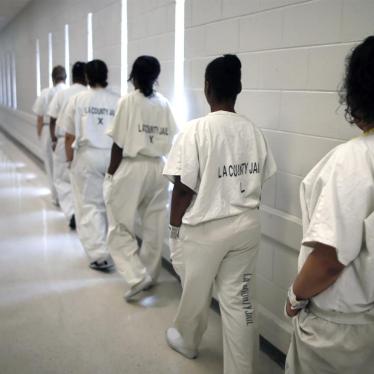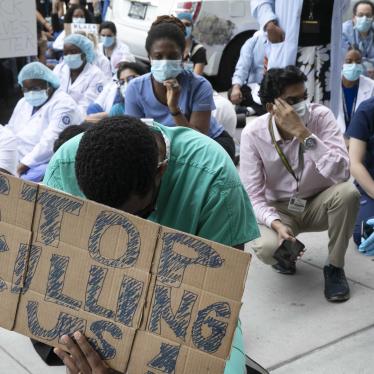The United States Consumer Finance Protection Bureau announced this week it would reject rules that aimed to prevent predatory practices by so-called payday and other small-dollar lenders. The regulations would have required lenders to take the basic step of making sure borrowers could repay their loans as well as limit how many loans people could take. The Bureau’s decision to scrap these rules leaves many low-income people at risk.
The Bureau finalized the loan rules in November 2017, and they were meant to take effect in August 2019. But before they could, the Bureau delayed implementation and said it would reconsider the rule.
Payday lenders have waged a campaign against the small-dollar loan rules, including attempts to influence the Trump administration to eliminate the regulations. In April the New York Times obtained a memo from an outgoing Bureau staffer alleging that Trump appointees at the Bureau manipulated data and analysis to justify removing protections.
Payday and other small-dollar lenders offer cash-strapped people small, short-term, high-interest loans. Human Rights Watch has found that many people used the loans to pay for basic necessities. Fees, penalties, and other costs associated with these loans can lead to exorbitant, sometimes triple-digit interest rates. When people have difficulty repaying their loans, they may have to take out new loans to extend repayment windows. Late payment penalties and charges for reborrowing can cause payments to balloon, forcing some to choose between paying off their loans and buying essentials. Predatory lending practices by payday and other small-dollar lenders have disproportionate impacts on Black, Latino, and impoverished communities.
The Consumer Finance Protection Bureau’s regulations were a critical step to help prevent people from falling into a debt trap and to deter lenders from using exploitative practices, all of which are vital to protecting human rights. The Trump administration’s decision to gut these protections at a time when so many are suffering from the Covid-19 linked financial crisis means that Congress needs to step in and pass legislation that enshrines these protections, and include a federal cap on interest rates, to stop this corrosive cycle of exploitation and debt.









